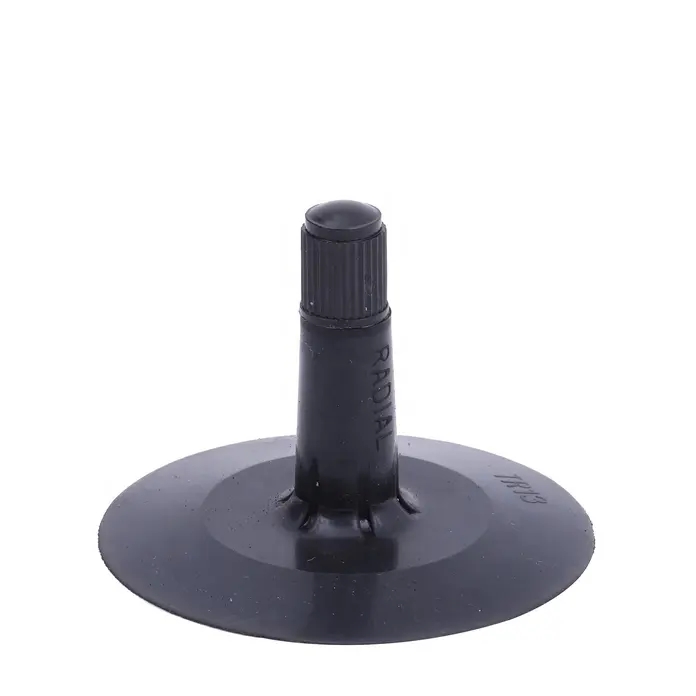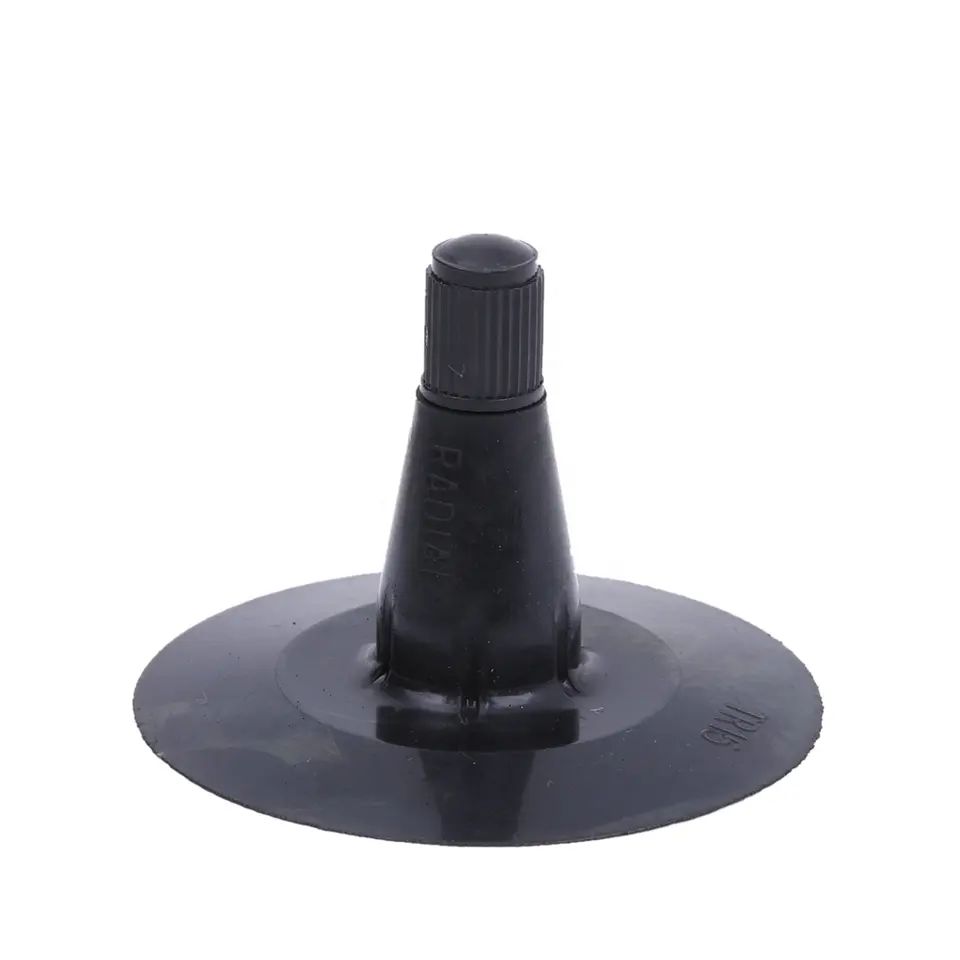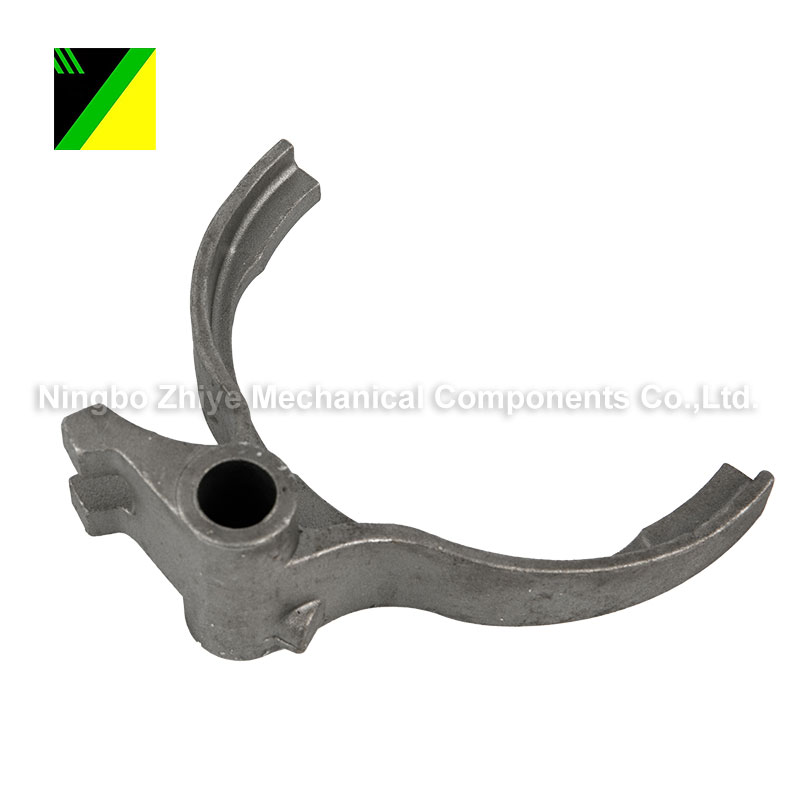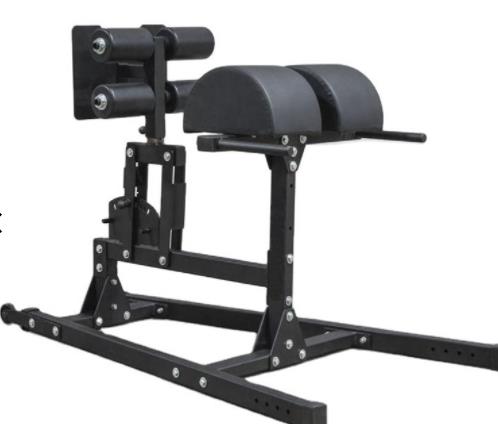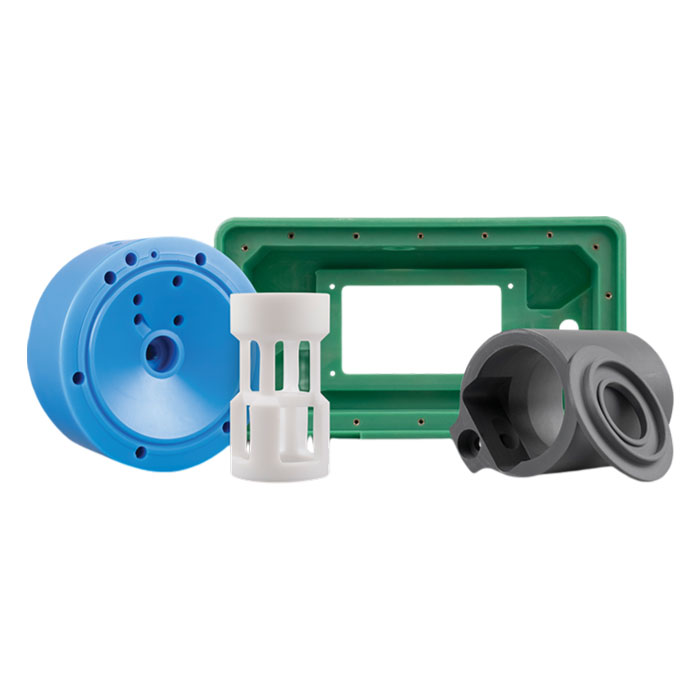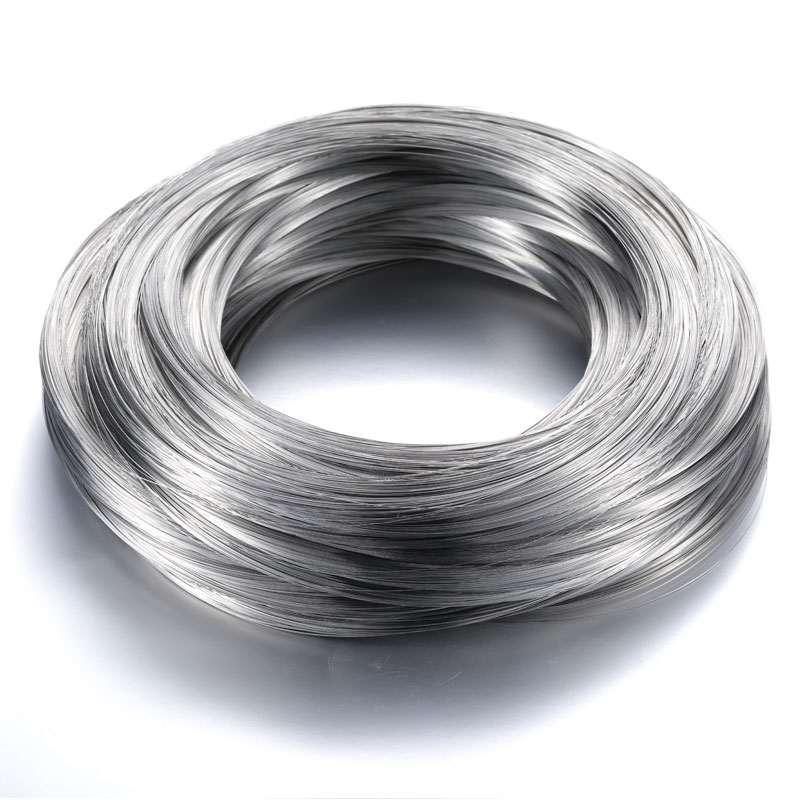Truck Tube Valve
Truck tires, especially those used in heavy-duty applications, often require specialized valves that can handle higher pressures and heavier loads compared to regular car tires. The valve used in truck and commercial vehicle tires is usually an extension of the Schrader valve design but with modific......
Send Inquiry
Product Description
Truck tires, especially those used in heavy-duty applications, often require specialized valves that can handle higher pressures and heavier loads compared to regular car tires. The valve used in truck and commercial vehicle tires is usually an extension of the Schrader valve design but with modifications to accommodate the specific needs of these larger and more robust tires.
Some features of truck tube valves include:
1. Higher Pressure Ratings: Truck tires operate at much higher pressures compared to regular car tires. The valves used for truck tires are designed to withstand these higher pressure levels without leaking or failing.
2. Robust Construction: Given the heavy loads and demanding conditions that trucks and commercial vehicles endure, truck tube valves are built with durability in mind. They are often made from high-quality materials to ensure longevity.
3. Extended Valve Stem: The valve stem on truck tube valves is longer than those found on car tires. This extended length makes it easier to access the valve for inflation and maintenance, especially on large tires mounted on deep rims.
4. Large Bore Diameter: The valve's inner bore, which allows air to flow in and out, is often larger in truck tube valves to accommodate the higher air volume required for rapid inflation and deflation of large tires.
5. Valve Cap: Just like car tire valves, truck tube valves also come with valve caps to protect the valve core from debris, dirt, and moisture.
6. Different Models: Just as with car tires, there are different models and types of truck tube valves to fit various applications and rim types.
When working with truck tube valves, it's important to ensure proper inflation to the recommended pressure levels specified by the manufacturer or the tire's load and pressure chart. Underinflated or overinflated truck tires can lead to safety issues, reduced tire lifespan, and decreased fuel efficiency.
If you're dealing with truck tube valves, it's recommended to follow the tire manufacturer's guidelines for maintenance and pressure specifications. Regularly checking and maintaining the correct pressure in truck tires is crucial for safe and efficient operation of these heavy-duty vehicles.
